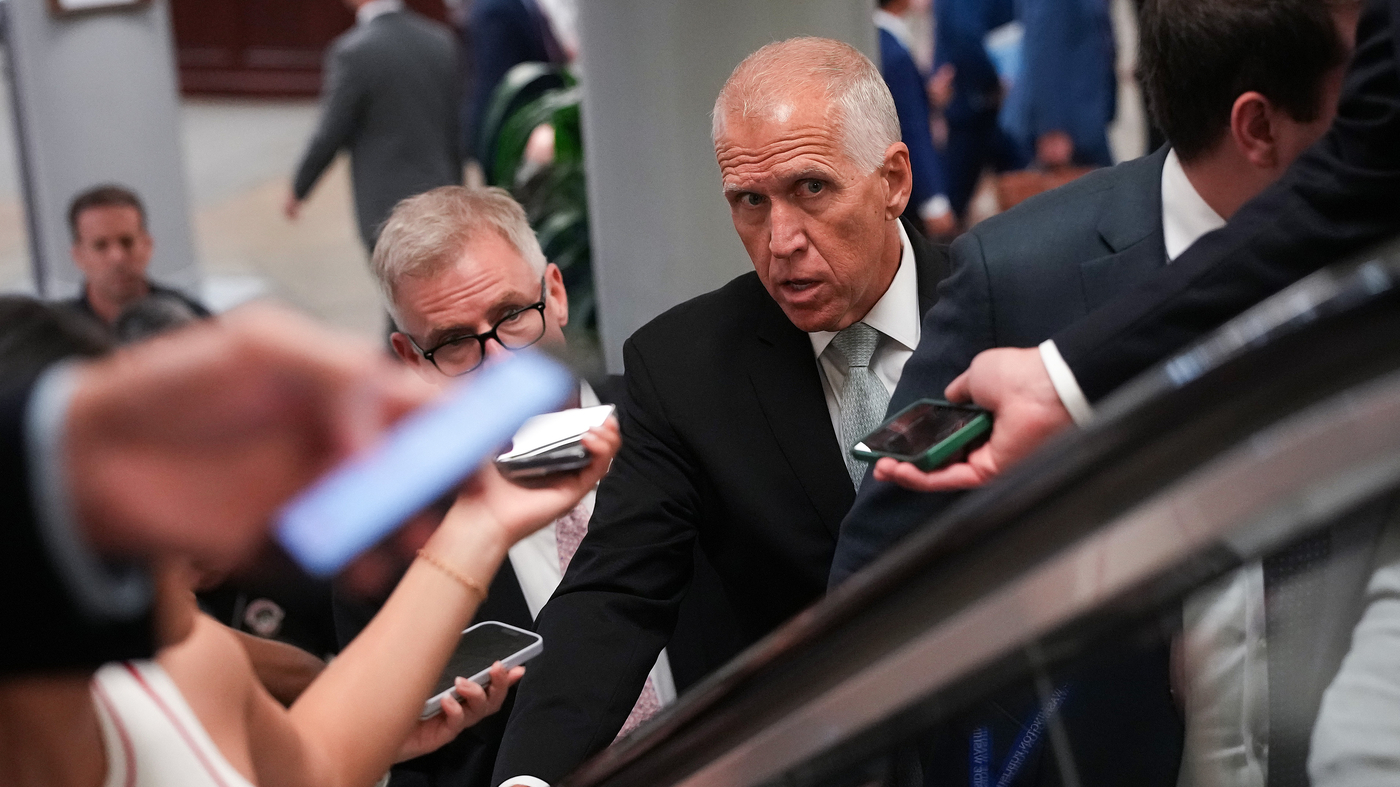
A sweeping budget proposal currently being debated by Senate Republicans includes significant cuts to Medicaid, sparking concerns from healthcare authorities and lawmakers on both sides of the aisle. According to a recent analysis by the non-partisan Congressional Budget Office (CBO), the bill’s provisions could result in approximately 12 million Americans losing their health insurance coverage if passed in its current form.
The controversial measure, part of a broader legislative effort to finance tax cuts outlined in the bill, aims to reduce federal spending by hundreds of billions of dollars through rollbacks in Medicaid funding. The Medicaid program, which provides health care for low-income individuals and families, is a lifeline for many Americans, particularly in rural areas where access to medical services is already limited.
President Trump has defended the cuts by claiming they are aimed at eliminating waste, fraud, and abuse within the system. However, Democrats argue that the plan violates earlier campaign promises not to reduce Medicaid benefits. This critique gained bipartisan backing when Republican Senator Thom Tillis of North Carolina publicly questioned the long-term consequences of the cuts. “What do I tell 663,000 people in two years or three years when President Trump breaks his promise by pushing them off of Medicaid because the funding’s not there anymore?” Tillis said, highlighting the localized impact of the federal policy change.
Sarah Jane Tribble, the chief rural correspondent for KFF Health News, emphasized the potential ramifications for rural communities, particularly in states like North Carolina. She noted that community hospitals, which often depend heavily on Medicaid reimbursements, could face financial instability or closures, thereby reducing healthcare access for thousands of residents.
As the Senate continues to deliberate, the proposed Medicaid reductions are likely to remain a major flashpoint in the budget discussions, with implications for the U.S. healthcare system, fiscal policy, and millions of Americans’ livelihoods.
Source: https:// – Courtesy of the original publisher.






